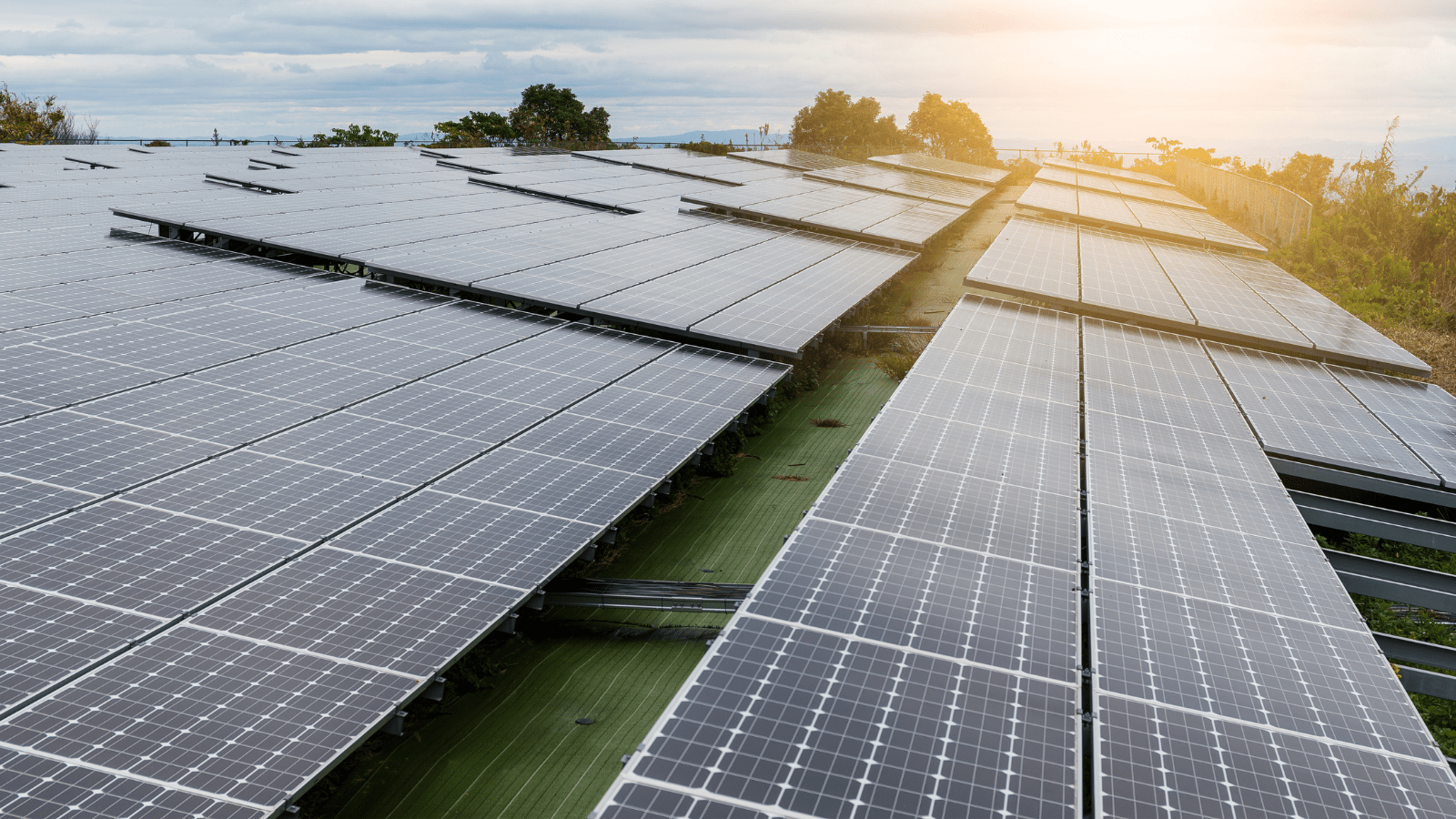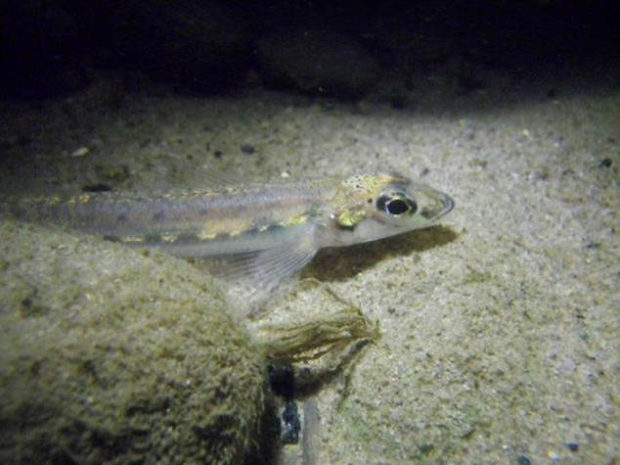We have much more to do and your continued support is needed now more than ever.
Incentives for Bringing Clean Energy to Coal Country Are a Good Idea

The Clean Energy Buildout
Addressing climate change is a central piece of the President’s American Jobs Plan, and a key part of the strategy is supercharging federal investments in clean energy through the use of tax credits. The National Wildlife Federation has been asking for Congress to ensure that these credits are passed into law, because they will help spur the investment needed to shift our economy away from polluting sources of power.
However, we are also calling for additional incentives to companies that make this investment in parts of the country that have not seen historic clean power development and are still heavily reliant on fossil fuels such as coal and natural gas. Going where the carbon is, in other words.
Because these regions have the farthest to go in terms of shifting their power sources, they will need to build more clean sources than other states or regions where these resources have already been installed. It will be no small feat to achieve this transition by 2035, as the President has called for, so the government needs to maximize incentives where the need is greatest.
This approach is also important to local communities that are already being affected by the switch away from coal. Coal-fired power plants, while they do pollute, also provide reliable jobs and tax revenue to the towns, cities, and states where they are located. As they are shuttered in the coming years, they will leave behind holes in employment and revenue that need to be filled.
[smartslider3 slider=”4″]
Giving companies an additional incentive to locate new clean energy facilities in the places where fossil plants are currently located will help make sure communities are not left behind by the tremendous opportunities for new businesses and new jobs that will come with the clean energy buildout.
The Climate and Infrastructure Agenda
Fortunately, Congress has taken a positive first step in that direction as it starts to act on the climate and infrastructure agenda. The Senate Finance Committee, which deals with all things tax related, recently approved the Clean Energy for America Act written by Senator Ron Wyden of Oregon and supported by most Senate Democrats.
The bill would scrap the long list of energy credits that currently go to various industries or technology types, and replace them with a single credit to be awarded to any company that produces power without emitting climate pollution. This focus on deployment of pollution-free power would mark a profound shift, and could open the door to new innovations.

As part of its consideration of the bill, the committee included a provision offered by Senators Bennet (D-CO), Brown (D-OH), and Casey (D-PA) that would increase the subsidy for clean power facilities located in or adjacent to “energy communities.”
These would be defined as those where coal power plants have closed, where a coal mine has closed, where industry is heavily dependent on fossil fuel inputs, or where the oil and gas sector is a major source of employment. The National Wildlife Federation was pleased to see the Senators recognize the importance of investing in these communities where the energy transition will be the hardest.
This very welcome provision is in addition to an added benefit for disadvantaged or environmental justice communities, an added benefit for facilities built with materials sourced and produced in the United States, and requirements for companies to use fair labor practices and pay family-sustaining wages. Taken together these pieces would help usher in a more equitable energy sector that spreads benefits to all kinds of communities and workers.
This vision needs swift action from the full Senate, as well as the House, as they put together infrastructure legislation. Just as we have crumbling roads, highways, and bridges that need repair and replacement, we have aging, polluting energy infrastructure that also needs replacing as soon as possible.





















